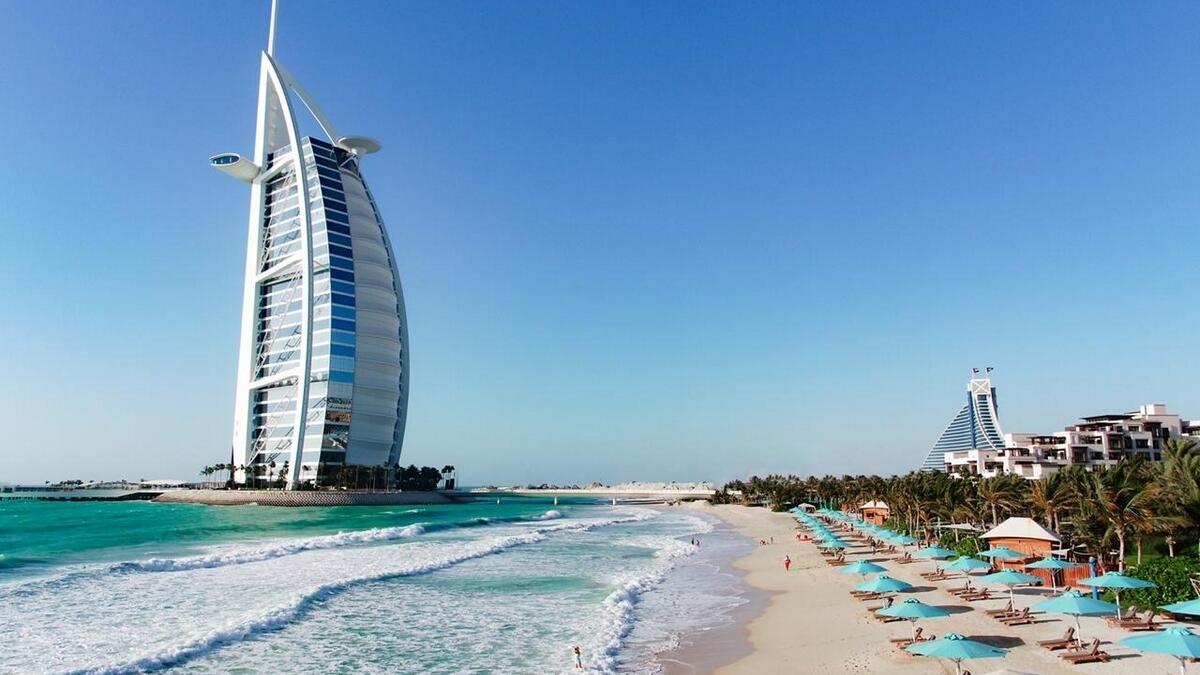The tourism sector in Dubai has continued to thrive, with the city attracting 9.3 million tourists in the first half of 2024, representing a 9% increase from the previous year. The UAE emerged as a standout performer in terms of hotel occupancy rates, with an average of 80% and revenue per available room (RevPAR) levels of $155. The hospitality market in the UAE remains the largest in the GCC, with 212,000 quality hotel rooms, 154,000 of which are in Dubai. Knight Frank predicts that this supply will increase by 10% to 232,000 keys by 2026.
Dubai was ranked as the third most visited city in the world in 2023, with 17.2 million visitors. Saudi Arabia also saw impressive tourism numbers, ranking as the world’s 13th most visited country with 27.4 million visitors. The overall travel and tourism sector in the GCC injected $223.4 billion into the region’s GDP, supported by 76.2 million tourist arrivals who spent $135.5 billion. Government initiatives and investments have played a significant role in the growth of the hospitality sector in the region.
With a shift towards a more diversified economy, the travel and tourism sector now accounts for around 11.7% of the UAE’s economy, setting the stage for other markets in the region to follow suit. Saudi Arabia recorded an ADR of $198 and a RevPAR of $127, with an average occupancy rate of 64%. The Kingdom’s hotel stock is expected to increase by 29% to 205,500 by 2026. Qatar also shows promising growth in tourism, with a 58% increase in visitor numbers in 2023 compared to the previous year.
The hospitality sector in Bahrain has shown resilience and growth, with an increase in ADR and occupancy levels. The RevPAR in Bahrain grew by 11.3% to $98, indicating a promising future for the country’s tourism sector. Kuwait faces challenges with the lowest occupancy rate in the GCC but has the second-highest ADR. The cruise industry has also witnessed growth in the GCC, with new cruise ship terminals opening in UAE, Oman, Qatar, and Saudi Arabia.
Looking ahead, the GCC region’s tourism ambitions are set to be amplified by world-class cultural and entertainment offerings that are expected to attract both international and domestic tourists. Mega events such as the 2030 World Expo in Riyadh and the potential bid for the 2034 FIFA World Cup in Saudi Arabia are projected to inject significant economic boosts into the region. Overall, the growth of the hospitality sector in the GCC shows promising signs for the future, with continued investments and government support driving the industry forward.











